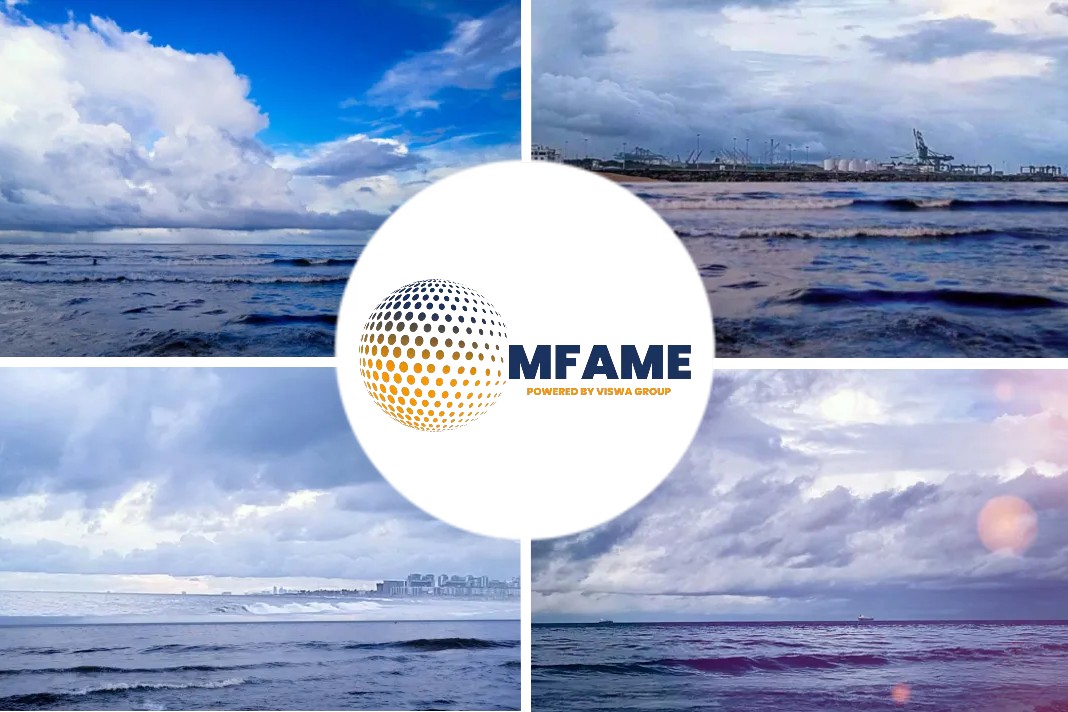- Lithuania has not taken any unilateral national restrictions.
- Putin’s spokesperson, Dmitry Peskov, further escalated tensions on Monday by threatening to respond to what he said was an “illegal move”.
- It was captured from Nazi Germany by the Red Army in April 1945 and ceded to the Soviet Union at the end of the war.
The EU is concerned about Moscow’s remarks, which have prompted panic buying in the Baltic Sea exclave as reported by The Guardian.
Ban on transit
Russia has provoked concern in Brussels after threatening to retaliate over Lithuania’s ban on the transit of some goods across its territory to the Russian Baltic Sea exclave of Kaliningrad.
The move by the government in Vilnius was described as “unprecedented” in Moscow, where the Russian foreign office said they reserved the right to respond to protect their national interest.
“I am always worried about Russian retaliation,” he said.
Second, the transit of people and goods that are not sanctioned continues.
Third, Lithuania has not taken any unilateral national restrictions.
Legal aspects
We will double-check the legal aspects in order to verify that we are completely aligned with any kind of rule.
It is not implementing national sanctions.
Whatever they are doing has been the consequence of the previous consultation with the commission, which has provided guidelines.
There was panic buying in Kaliningrad over the weekend after authorities in the region claimed that Lithuania was preparing to close off rail and gas pipe links to Russia.
He said: “This decision is really unprecedented.”
International agreements
Wedged between Lithuania to its north and east, and Poland to its south, Kaliningrad is about 800 miles (1,300km) from Moscow and relies on much of its supplies coming in by rail.
Russia’s foreign ministry said Vilnius must reverse the “openly hostile” move.
The foreign ministry summoned Lithuania’s chief diplomatic representative in Moscow for a formal protest and alleged that the Baltic nation was acting in breach of international agreements.
However, after a meeting in Brussels, Lithuania’s foreign minister, Gabrielius Landsbergis, said Moscow was spreading false information and that the state railway service was acting lawfully by merely implementing the EU’s sanctions regime prohibiting the supply of steel or goods made from iron ore to Russia.
“Because there are different wind-down periods, and some of it, for example, oil, will be sanctioned just at the end of the year, starting from December, even though the authorities have announced it is sanctioned already, which is not true actually.”
Unprovoked & unjustified
Goods banned under EU sanctions introduced following Russia’s invasion of Ukraine include coal, metals, construction materials and advanced technology.
Much of the panic in the exclave appeared to have been prompted by calls for calm from the region’s governor, Anton Alikhanov, on Saturday.
He said two vessels were already ferrying goods between Kaliningrad and St Petersburg, and seven more would be in service by the end of the year.
Ukraine’s foreign minister, Dmytro Kuleba, tweeted: “Russia has no right to threaten Lithuania.
Moscow has only itself to blame for the consequences of its unprovoked and unjustified invasion of Ukraine.
It was captured from Nazi Germany by the Red Army in April 1945 and ceded to the Soviet Union at the end of the war.
Did you subscribe to our newsletter?
It’s free! Click here to subscribe!
Source: The Guardian














